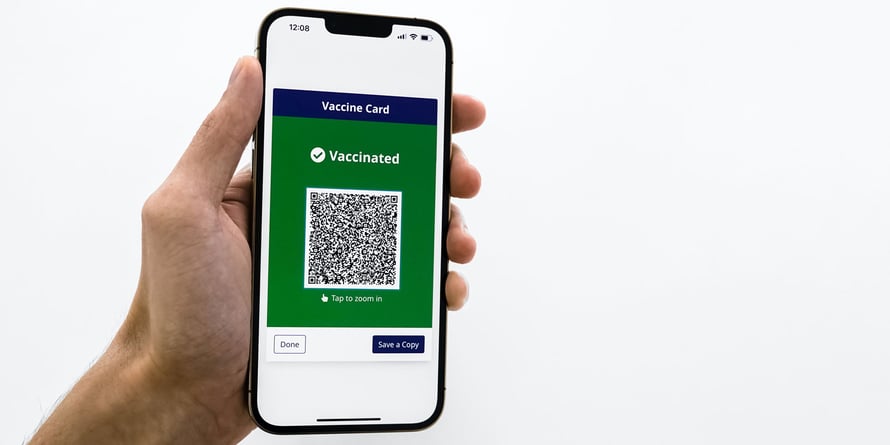The adoption of blockchain applications in healthcare asset management has recently seen an acceleration. Acknowledged as an exceptional platform for regulatory compliance, blockchain applications offer a secure distributed framework to support integration of data across stakeholders.

This streamlining of data gained importance in the past two years as the pandemic created not just unprecedented stress on the healthcare sector but also generated unparalleled amounts of information and data. While the management of burgeoning digital records became a challenge, the lack of transparency and trust created further problems as it made the supply chain vulnerable to shortages and illegal transactions. Blockchain applications addressed these challenges and leveraged smart contract capabilities to create increased efficiencies across medical supply chains, vaccination validation, patient data security, and even life sciences clinical study-related data.

While the initial response to the adoption of blockchain applications was rather lukewarm, it didn’t take long for experts in the healthcare sector to realize its potential and experience its benefits. Blockchain applications offer immutability, which means that data cannot be altered without leaving digital fingerprints. Second, it enables decentralization of data which makes it harder to breach data security - because data is not stored at a single location. Third, blockchain affords greater transparency because transactions are visible to anyone with access to the blockchain, and lastly, blockchain applications offer excellent traceability that allows participants to understand who is accessing information.
In addition to these four obvious advantages, blockchain applications also enable users to share data captured on blockchain in real time across a group of individuals and institutions. Every event or transaction is time-stamped and becomes part of a permanent record, which can’t be tampered with. Users can choose to operate on permissionless blockchains, where all records are public or opt for permissioned blockchains, where privacy can be maintained and limited to authorized users only. In other words, blockchain applications offer better security, help minimize data tampering, enable quicker transactions and provide greater cost efficiencies.
Given its advantages, the healthcare sector is actively adopting blockchain applications. A recent study by BIS Research estimated that the immediate application of blockchain in healthcare could save more than $100 billion annually in costs related to IT, operations, personnel and health data breaches by 2025. Though its initial implementation has been limited, blockchain’s secure nature will encourage and support industry-wide advancement for years to come.
This article written by Sristhi Assudani, Director at SettleMint India
Reference: Bisresearch.com
Extra Resources
If you would like to learn more on the subject of blockchain in the medical field check out the following links: